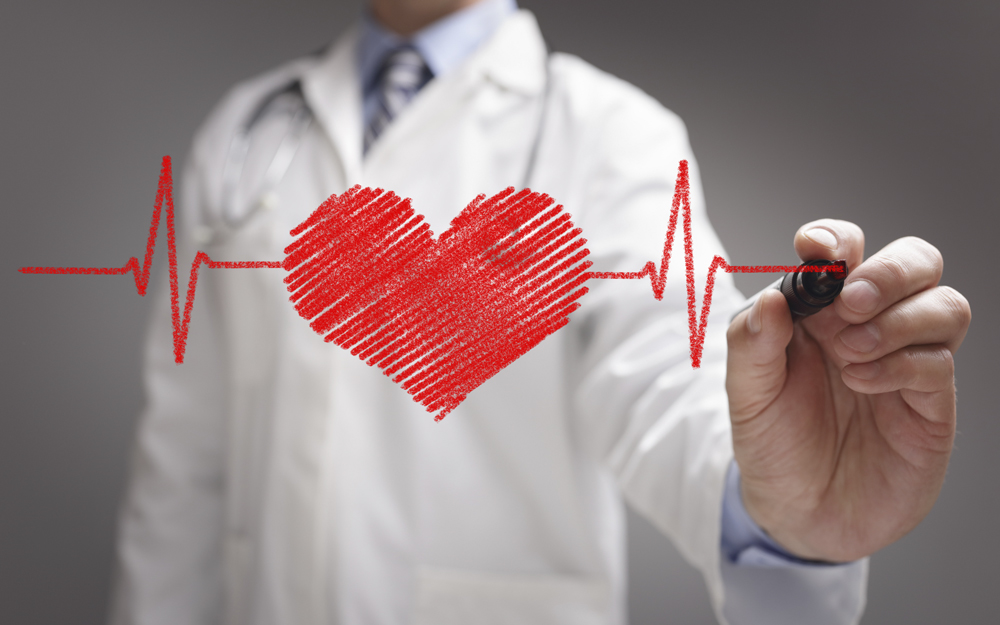
World Perimenopause Day: What Is Perimenopause & When Does It Start?
The International Menopause Society (IMS) and the World Health Organization (WHO), have selected October as World Menopause Awareness Month, with October 11 celebrated as World Perimenopause Day. World Perimenopause Day raises awareness about the transitional period into menopause, the importance of research, education, and eliminating global stigma.
Perimenopause means “around menopause”. A study shows that 9/10 women didn’t recognize that their symptoms were associated with perimenopause, and they instead attributed what they were feeling to aging, stress, anxiety, and depression. Due to a lack of awareness, symptoms can often be attributed to lifestyle choices or another cause entirely, leading millions of women on a global scale to suffer in silence and isolation.
When can Perimenopause begin?
Perimenopause usually begins when a woman is in her early to mid ’40s, typically 2-10 years before her periods stop. Due to the wide array of symptoms that can be experienced, it can often be difficult to join the dots and understand the link to fluctuating hormones. The level of estrogen (the main female hormone) in the body rises and falls unevenly during perimenopause. The menstrual cycles may lengthen or shorten, and may begin having menstrual cycles in which your ovaries don’t release an egg (ovulate). Symptoms can include:
- Irregular periods.
- Hot flashes (Sudden feeling of warmth, usually most intense over the face, neck, and chest, and profuse sweating).
- Mood changes and sleep problems.
- Vaginal and bladder problems.
- Decreasing fertility.
- Changes in sexual function.
- Changing cholesterol levels.
The symptoms which are triggered by changing levels of hormones can last for four years on average. However, it’s been reported that for some people it can last a couple of months and other people experience it for a decade.
There are a few things you can do to stay healthy and relieve symptoms:
- Quit smoking if you smoke cigarettes.
- Exercise regularly.
- Eat more protein, omega-3 fatty acids, fiber, and calcium.
- Limit saturated fats, highly refined carbs, and sugar.
- Limit caffeine and alcohol.
For more information on Menopause and Insomnia, click here an article by Healthline












